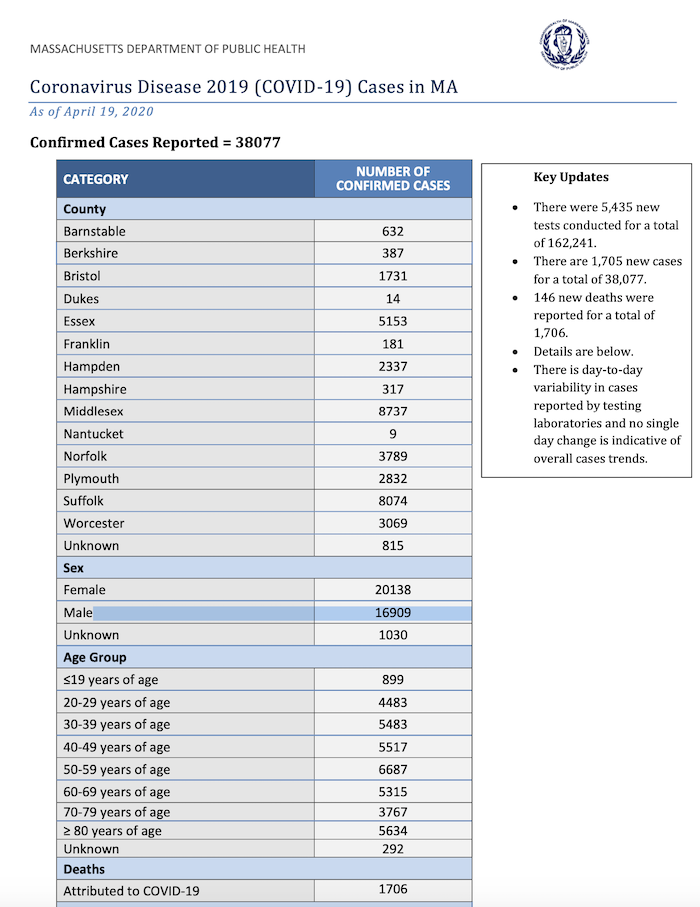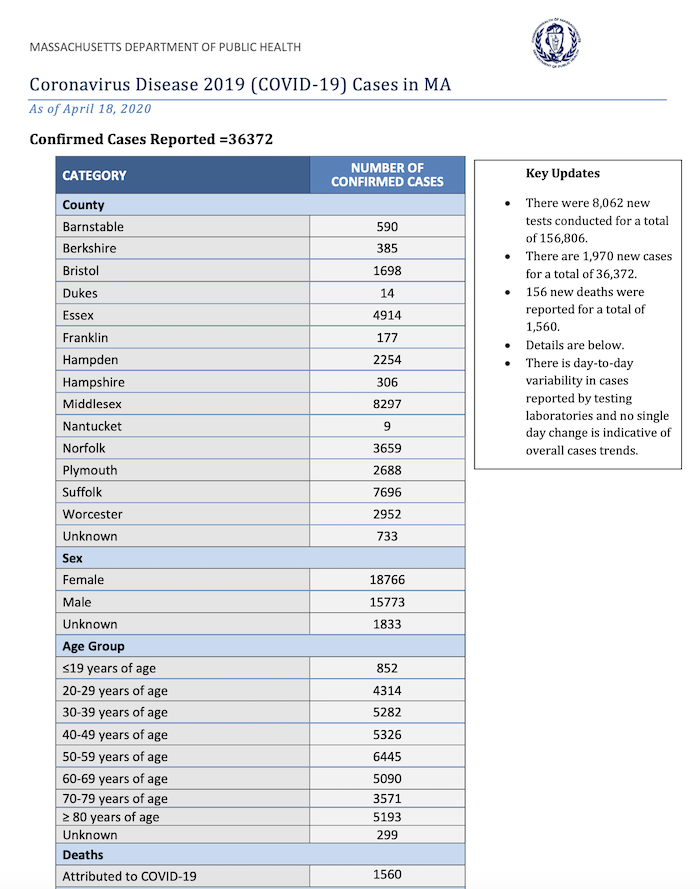“We hope this message finds you well. We are writing with an URGENT ask to assist your communities during these difficult times. Our office has prepared two important informational posters regarding access to health care and other rights for community members during the COVID-19 pandemic, and we’d like to ask you to please distribute it widely to as many people as possible.
Everyone should immediately seek assistance to health care, should they need it, if COVID-19 related symptoms or any other medical need. It is also important for everyone to know that health care is available regardless of immigration status. So please distribute the information attached to this message to your communities at your place of worship and abroad, and let us know if we can be of any assistance.
DURING THE COVID-19 CRISIS YOU ARE PROTECTED:
• FROM EVICTION & FORECLOSURE
Landlords cannot evict or threaten to evict their tenants. Mortgage companies cannot foreclose on homeowners. During this crisis, your home is secure.
• FROM DEBT COLLECTION
Harassment from debt collectors is prohibited. They cannot come to your home or workplace, file lawsuits against you, repossess your car, or garnish your wages.
• FROM UTILITY SHUTOFFS
Utilities are prohibited from shutting off your gas or electricity. You should be able to keep your lights on and hot water running.
• FROM PRICE GOUGING
Businesses cannot charge inflated prices on common goods and critical items like masks, hand sanitizer and gloves.
• WHEN SEEKING HEALTH CARE
If you feel sick, seek health care. Insurance covers COVID-19 testing and treatment. For immigrants not eligible for public health insurance programs, MassHealth Limited will cover the cost.
• FROM DISCRIMINATION
You cannot be discriminated against because of your race, ethnicity, national origin, disability or other protected category in housing or when seeking health care.
• YOU COULD QUALIFY FOR
MassUndocuFund, mutual aid organizations, and worker organizations are providing small cash grants for undocumented people and others who might not be eligible for other assistance. Jobs with Justice has more information.
• ASSISTANCE FROM NONPROFIT ORGANIZATIONS
You may apply for unemployment benefits if you lose your job and are authorized to work in the United States. File a claim with the Division of Unemployment Assistance.
• UNEMPLOYMENT BENEFITS
Under Massachusetts law, workers are eligible for benefits from their employers, including earned sick time, regardless of their immigration status. Additional sick leave and paid family leave may be available through the Families First Coronavirus Response Act.
• EARNED SICK TIME
Uninsured residents may qualify for coverage through the Health Connector’s extended open enrollment period.
• HEALTH INSURANCE COVERAGE CASH ASSISTANCE
The Coronavirus Aid, Relief, and Economic Security (CARES Act), provides one-time cash payments of $1,200 for individuals, $2,400 for couples, and $500 per child for anyone who files taxes with a social security number. Other benefits, including SNAP (food stamps), TAFDC (welfare for families with children), and WIC may be available through the Departments of Transitional Assistance and Public Health.
For Immigrants:
• EQUAL ACCESS TO CARE
You have a right to health care regardless of your immigration status. Don’t be afraid to seek medical care. Go to your community heath center if you are sick, injured, or receiving routine care. Call your doctor if you are coughing, feverish, feeling tired, or lacking sense of smell; or suspect that you have been exposed to the virus.
You have the right to safely get tested and seek care. Federal and state privacy laws require health care providers to keep patients’ personal information confidential (including immigration status). There are government resources available to you.
MassHealth Limited can pay for testing and treatment for immigrants not eligible for other government programs. MassHealth Limited will NOT be considered for Public Charge decisions, meaning it will not affect access to a Green Card.
Tiene derecho a la atención médica independientemente de su estado migratorio. No tengas miedo de buscar atención médica. Vaya al centro de salud de su comunidad si está enfermo, lesionado o recibe atención de rutina. Llame a su médico si tiene tos, fiebre, cansancio o falta de olfato; o sospecha que ha estado expuesto al virus.
Tiene derecho a hacerse la prueba de manera segura y buscar atención. Las leyes de privacidad federales y estatales requieren que los proveedores de atención médica mantengan la confidencialidad de la información personal de los pacientes (incluido el estado migratorio). Hay recursos gubernamentales disponibles para usted.
MassHealth Limited puede pagar las pruebas y el tratamiento para inmigrantes que no son elegibles para otros programas gubernamentales. MassHealth Limited NO será considerado para decisiones de carga pública, lo que significa que no afectará el acceso a una tarjeta verde.
This message is from the office of Massachusetts Attorney General Maura Healey.”
CONTACT US
CIVIL RIGHTS COMPLAINTS
(617) 963-2917
HEALTH CARE HELPLINE
(888) 830-6277
MAIN HOTLINE
(617) 727-8400
WORKER ISSUES
(617) 727-3465
AGO RESOURCES
mass.gov/ago/covid19

